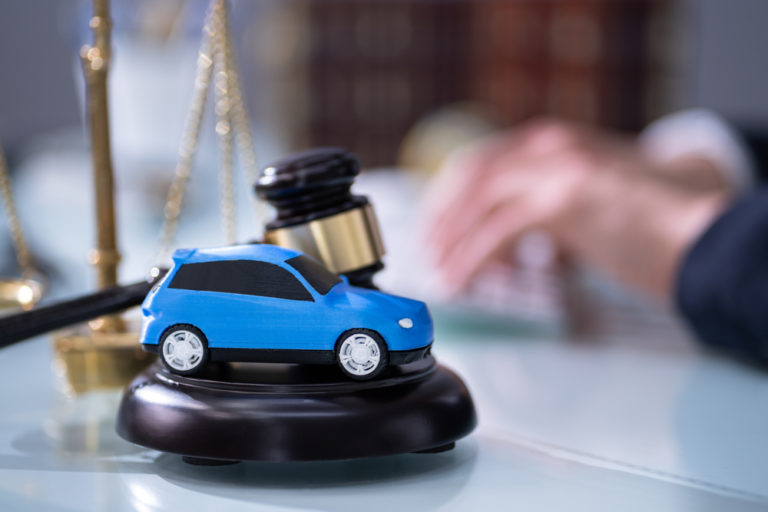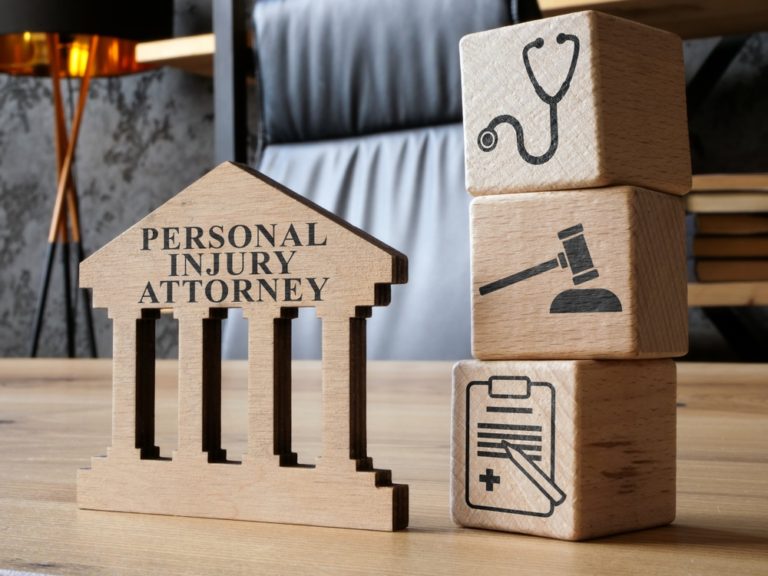Although people try their best to drive carefully, accidents do happen. If you are fortunate, you can get away with a few bruises. However, if the accident is severe, you or your loved ones will probably suffer grave injuries, disability, or even death. Besides, medical expenses and loss of income will also put a dent in your finances.
Fortunately, it is possible to get compensation from the person who caused the injury or your insurance provider. You can file a claim in the local court after consulting a reliable personal injury lawyer in Kamuela. Your lawyer can take care of the legal affairs, allowing you to focus on your recovery and getting your life back on track.
Before searching for a personal injury lawyer in Hawaii and filing your claim, you will need to know a few things about personal injury cases and the damages you can claim.
1. What Is a Personal Injury Case?
You can file a personal injury claim if someone acts negligently and causes harm to your body and mind. You can file a lawsuit, usually by hiring a personal injury lawyer in Hawaii, to seek compensation for your injuries.
Any of the following situations may lead to a personal injury case.
A. Accidents
If someone’s negligence caused the accident, you can file a personal injury case. These accidents often include the following.
• Car crashes
• Slip and falls
• Truck and motorcycle accidents
• Pedestrian accidents
• Bicycle accidents
• Dog bites
• Nursing home accident or abuse
• Construction-related accidents
• Medical malpractice
B. Intentional Harm or Injury
As the name suggests, intentional personal injury cases include situations where an individual intentionally harms another. These cases include assault and battery and other intentional torts.
C. Defective Products
These cases include situations where a defective product causes injury, disability, illness, or death. These cases include:
• Defective vehicle parts
• Defective consumer products
• Defective medical device or pharmaceuticals
• Any other defective products
Usually, an experienced personal injury lawyer in Hawaii will handle one or more of these cases. It is a good idea to consult an attorney first. They can help you understand if you have a case and prepare for the same.
2. What Damages Does a Personal Injury Case Cover?
Hawaii is one of the few states that still follow the “no-fault” system for auto insurance. If you were in a car accident, you can get compensation for your injuries regardless of who was at fault. First, you have to file a claim with your insurance company. However, you can file a case against the at-fault party if one of the following criteria applies to your situation.
• Your medical expenses or other damages exceed $5000.
• The accident leads to serious and permanent injuries.
It is better to consult a professional personal injury lawyer in Hawaii before filing such a claim. They can analyze our case, helping you take the next step. Depending on your case, you will be entitled to the following compensations.
A. Economic Damages
These damages cover the following expenses.
• Medical bills, physical therapy, and treatment expenses
• Lost wages
• Repairs for property damage (if any)
B. Non-Economic Damages
Non-economic damages cover compensation for pain and suffering caused by the accident. It usually includes damages for the following.
• Mental anguish
• Pain and suffering
• Emotional distress
• Loss of consortium
In Hawaii, in medical malpractice cases, non-economic damages are capped at $375,000.
C. Punitive Damages
Sometimes, the court may award punitive damages. The purpose of such damages is to set an example and prevent similar unlawful behavior in the future.
3. Statute of Limitations
The statute of limitations is the deadline for filing a personal injury claim. Each state sets its own statute of limitations. In Hawaii, this deadline is two years, and it begins on the date of the accident.
However, there are a few limitations. For example, as Hawaii is a no-fault state, your car crash can involve a PIP (Personal Injury Protection) claim. If it does, the statute of limitations may extend beyond the two-year limit under certain circumstances.
You should consult a personal injury lawyer in Hawaii to understand how soon you need to file your claim. Remember, if you file a claim after the statute of limitations has expired, the defendant will ask the court to dismiss the case.
4. Consider Comparative Negligence
When it comes to personal injury compensation, Hawaii also follows the comparative negligence rule. As per this rule, if you were also responsible for the accident, you will receive damages according to your negligence. However, your share of liability shouldn’t be more than that of others, which comes down to 50%.
Say you were in a car crash. With the help of your personal injury lawyer in Hawaii, you filed a claim, asking for compensation of $10,000. However, if the jury finds you 20% liable for the crash, you will receive only $8,000. However, if they decide you were more than 50% responsible, your compensation will be zero.
Conclusion
No one wants to be in an accident. Unfortunately, if someone’s negligence injures or harms you or your loved one in Hawaii, you have the right to file a personal injury claim. The monetary compensation you receive will help you cover medical costs, property damages, and lost wages. Understanding what a personal injury case means and the damages it can cover will help you prepare your case.
Consult a Personal Injury Lawyer in Hawaii Now!
Are you considering a personal injury claim in Hawaii? The experienced and professional personal injury lawyers at Olson & Sons, L.C. are here to help. For details, you can reach us at 808-885-8533 or get in touch via our website today!




